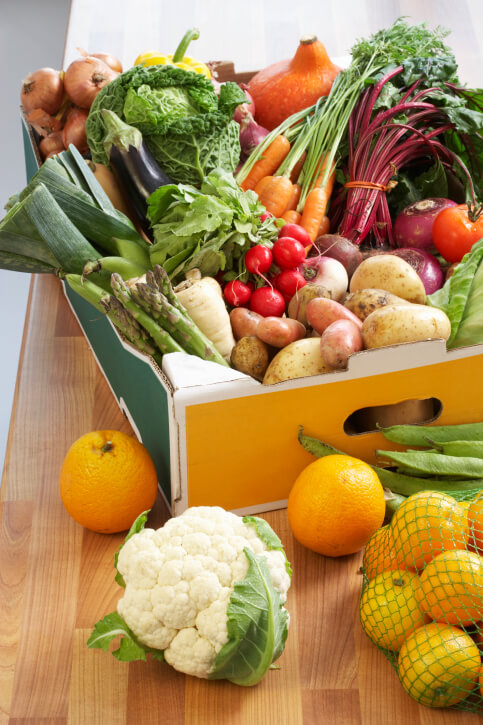
Plant Diets: Flexitarian, Fruitarian, Vegan, or Vegetarian?
The number of Americans following some form of plant-based diet is on the rise. Roughly 5% or 16 million define themselves as vegetarians and close to half (7.5 million) are vegan. The real numbers are significantly greater, however. Recent findings indicate many people are trying to eat healthier overall, and to accomplish this up to one-third (100 million) regularly substitute plant-based foods for traditional meat-based dishes.
If you’re one of the many contemplating some type of plant-based eating program, you’ll want to become familiar with the four dominant strategies.
Flexitarian
Flexitarian is a new term that describes the growing number of people who favor plant-based eating or are shifting to a plant-based diet. Flexitarians are essentially vegetarian on a day-to-day basis, but when the urge to eat meat strikes they indulge without guilt or self-recrimination. The Mediterranean diet is essentially flexitarian, because it emphasizes plant-based meals supplemented with fish, healthy fats and the occasional serving of chicken, dairy, eggs or meat.
Fruitarian
Fruitarians consume only raw, plant-based foods that can be obtained without harming the plant. While some consume fruit exclusively, the typical fruitarian relies on it for 75% to 80% of their daily food intake and uses nuts, seeds and select vegetables to round out their diet. Unlike vegans and vegetarians, most fruitarians also avoid all grains, legumes, tubers and processed foods.
Vegan
Vegans are sometimes called total vegetarians. Their diet is 100% plant-based, but they avoid animal-based foods and byproducts, something traditional vegetarians don’t necessarily do. The term was coined in 1944 by Donald Watson, the co-founder of the Vegan Society, to define a lifestyle free from actions that exploit animals. Fully committed vegans are willing to spend time to understand health and nutrition, determine where their food comes from and how it’s processed, and map a well-balanced eating plan devoid of animal-based products, ingredients or processing methods.
Vegetarian
This is the broadest plant-based eating strategy, and as the name clearly indicates, vegetarians rely on plant-based foods (vegetables, fruit, grains, legumes, nuts and seeds) for all or most of their food needs. Strict vegetarians avoid eggs, dairy, meat, poultry and seafood, while others incorporate some but not all of these foods. Lacto-vegetarians, for example, consume milk products but avoid eggs, meat, poultry and seafood. Lacto-ovo vegetarians include eggs and dairy products in their plant-based diet, while ovo-vegetarians eat eggs but avoid dairy.
Countless subgroups exist in each major category. For instance, raw food vegans only consume uncooked foods or those prepared at low temperatures, while low-fat vegetarians limit consumption of fatty seeds, nuts and fruits such as olives. If this is the year you adopt plant-based eating, you’ll be able to find a plan that suits your palate and preferences.